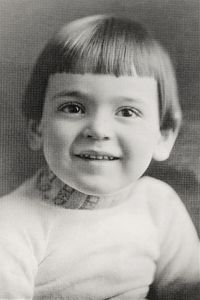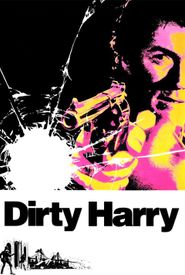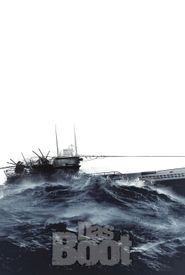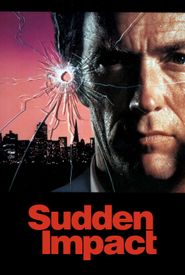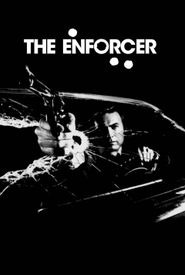At the tender age of five, Dean Riesner's acting career was already taking shape as "Dinky Dean," with notable roles in films such as "The Pilgrim" (1923),which starred the renowned Charles Chaplin.
As fate would have it, Dean's father, writer/director Charles Reisner, was a close friend and collaborator with Chaplin and Buster Keaton, granting young Dean a coveted foot in the door of the film industry.
Dean continued to act as a child, but his mother's wise words, "Let the boy have his childhood," ultimately led to his departure from the acting world. Years later, when Dean reached adulthood, his father posed the question: "Do you want to return to the film business?" Dean responded by expressing his preference for writing.
Thus began a remarkable career, marked by the creation of iconic lines such as "Do you feel lucky? Well, do you punk?" from "Dirty Harry" (1971) and the original, "They'll tie you naked to a chair and get medieval with you" from "Charley Varrick" (1973).
Dean went on to develop a reputation as a script doctor, lending his uncredited expertise to films like "High Plains Drifter" (1973),"Blue Thunder" (1983),and "The Godfather Part III" (1990). His dedication to his craft was evident, as he consistently wrote every day, even in the 1980s.
Throughout his career, Dean Riesner demonstrated a remarkable work ethic, earning him a reputation as a hardworking and talented individual.
